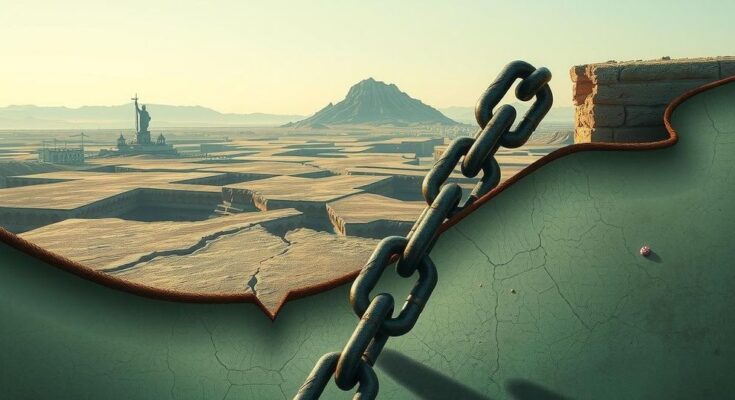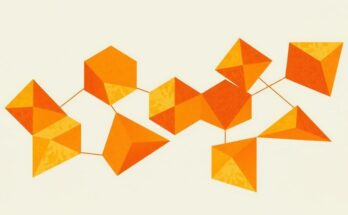The Democratic Republic of Congo faces renewed conflict with the M23 militia’s capture of Goma, leading to thousands of deaths and the displacement of nearly 700,000 people. The roots of the crisis trace back to historical ethnic tensions exacerbated by the Rwandan genocide and subsequent armed struggles. Control over resource-rich areas fuels the conflict, drawing in various regional stakeholders and increasing the urgency for resolution.
The Democratic Republic of Congo (DRC) is currently experiencing significant turmoil following the M23 militia’s takeover of Goma, a key city rich in minerals and located on the border with Rwanda. This resurgence of violence has resulted in over 2,900 fatalities, displacing around 700,000 people since January. The conflict has intensified, with the M23 targeting Bukavu, the capital of South Kivu province, indicating an expansion of hostilities in this resource-abundant area.
The DRC’s crisis roots trace back to the Rwandan genocide in 1994, which instigated prolonged conflict in the region involving Hutus and Tutsis. The historical tensions began during colonial rule under German and Belgian powers, which exacerbated ethnic divisions. Following Rwanda’s independence in 1962, violent conflicts escalated, culminating in the 1959 Hutu revolution that led to mass migrations and eventual genocide.
The Rwandan genocide involved systematic killings of Tutsis, which were ignited after the assassination of President Habriyamana in 1994. The blame for the attack fell on Tutsi rebels, triggering a widespread slaughter. Over 800,000 Tutsis and moderate Hutus lost their lives within just 100 days, with the genocide concluding as the Rwandan Patriotic Front seized power in July 1994.
The aftermath saw millions of Hutus fleeing into the DRC, which led to the establishment of over 120 armed groups, including the M23 and FDLR. This increased conflict triggered two major wars in the DRC, resulting in the loss of five million lives through various causes. The instability in the DRC has persisted, contrasting with Rwanda’s development under President Paul Kagame, who has been accused of supporting the M23 insurgents.
The M23, formed in 2012, represents a faction of Tutsi interests following the failure of a previous political agreement. Led by Sultani Makenga and based in North Kivu, the group previously captured Goma, raising concerns over ethnic strife and resource control. Accused of war crimes, the M23 resurfaced in 2022, potentially due in part to perceived unfulfilled promises by Congolese authorities.
The conflict reflects deeper issues beyond ethnic divisions; the DRC’s eastern regions are rich in valuable minerals like Coltan, critical for electronic manufacturing. The capture of Goma enhances the M23’s strategic position, raising alarms among regional powers and further complicating the crisis.
Regional responses have been varied, with DRC President Félix Tshisekedi labeling Goma’s capture as an act of war. Meanwhile, President Kagame of Rwanda hints at M23’s legitimacy despite denying direct support. Burundi warns that continued M23 advances may lead to spillover conflicts, while Uganda finds itself balancing its assistance to Congolese military efforts and accommodating M23 forces.
The ongoing crisis in the Democratic Republic of Congo, precipitated by the M23 militia’s actions, underscores a complex interplay of historical ethnic tensions and contemporary resource struggles. The humanitarian impact is severe, with thousands displaced and many lives lost. Regional responses reveal the intricacies of international relations and highlight the urgent need for a sustainable resolution to the conflict.
Original Source: www.thehindu.com




